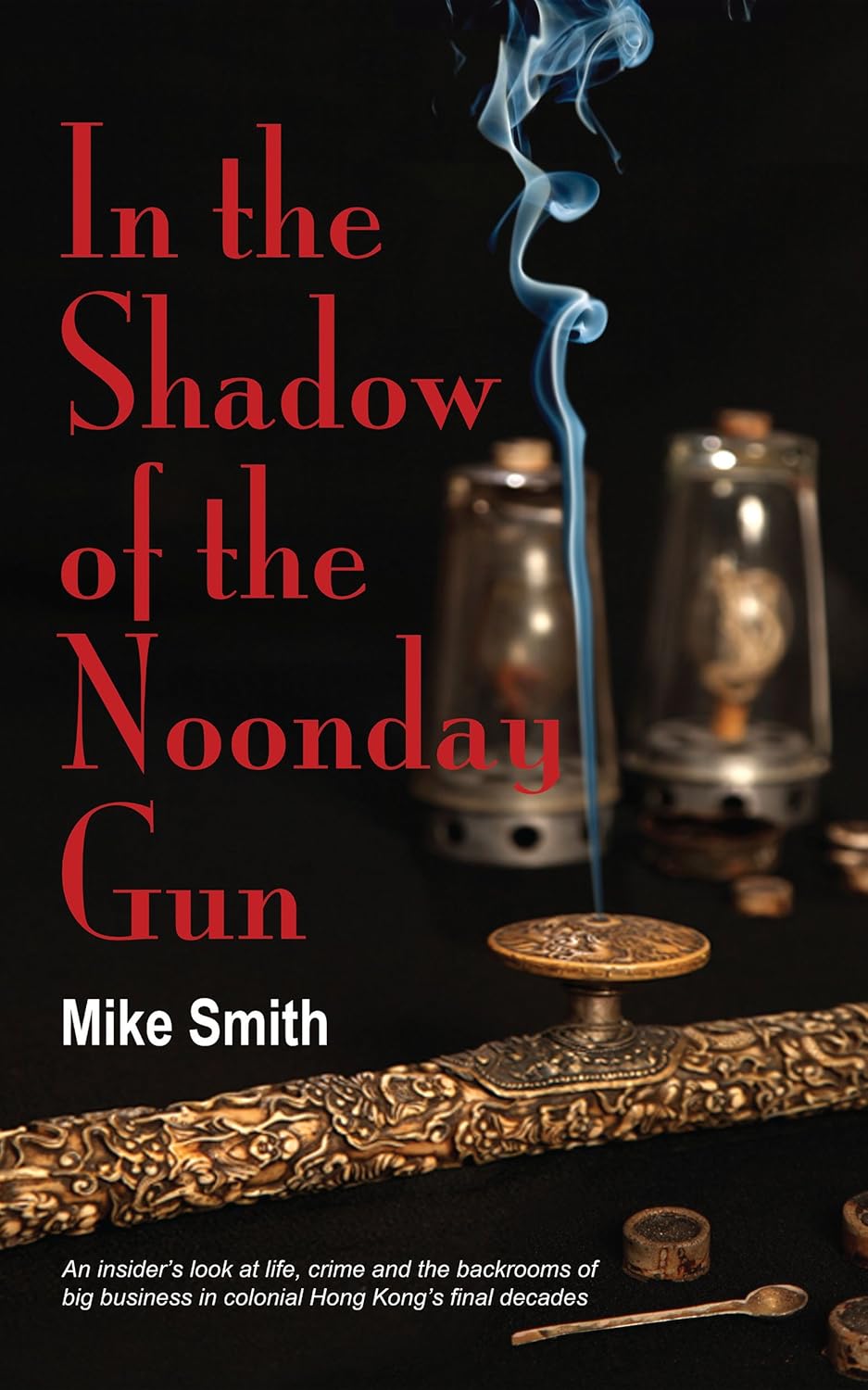Alice Clark-Platts is Asian Books Blog’s digital and self-publishing correspondent. Each month she provides
an insight into these rapidly expanding fields. If you are involved in digital
or self-publishing in any capacity, and you would like Alice to feature your
work, please e-mail asianbooksblog@gmail.com
Amidst
the hustle and bustle and deal-making of the recent Singapore Writers Festival,
two days were devoted to a symposium on self-publishing. Speakers included Ravi
Mirchandani from Atlantic Books in the UK, Jo Fletcher from Quercus Books, and other
representatives from publishing houses Aurora Metro and Penguin North Asia.
Master
classes took place in the arts of speed pitching your novel idea, and editing
your novel for success. There were also specific workshops on building a market
base and the vagaries and pitfalls of e-publishing. The latter was conducted by
Stephen Leather, a journalist turned novel writer who has used the internet,
Amazon and Smashwords particularly, to great fruition for his Spider Shepherd thriller series. He
spoke at length about the need to create the famed writer’s platform – a base of fans and readers who are tuned into
your work; a veritable host of potential buyers, the jingle of whose wallets
will lure publishing houses into taking on your book.
Guy
Vincent, based in Singapore, has created Publishizer with the aim of tapping
into this need. Publishizer is a
pre-orders platform for books. It helps authors craft and run a pre-orders
campaign to help fund publishing costs and a first print run. All campaigns are
free to run and authors who use the company keep all rights and royalties.
Publishizer’s first campaign, The
Backpacker Chef by Jacqui Treagus, sold US$5240 (262 copies) in pre-orders
in 30 days whilst generating a huge amount of publicity around Australia. The Other Side, a children's book by
Marc X Grigoroff, sold US$5585 (239 copies) in pre-orders in 30 days.
Publishizer
will often present a book to readers with the view to them becoming patrons of
a particular project. Should a certain amount be donated, a patron can expect a
variety of benefits, including a limited edition of the book, a signed copy,
meeting the author – the list is endless. Limiting the benefit can also reap
rewards: Grigoroff’s US$50 patron edition completely sold out – the book was
limited to 50 patrons.
The publishing industry is discovering that if readers can connect with an author as well as the book, they are more likely to keep buying that author’s work. Having their name on the back cover or attending a launch party, creates this connection, at the same time as helping the author fund their first print run. Whilst there may be snobbery attached to such a process, realistically the practice is not so far removed from literary festivals where well-known authors give talks in front of huge displays of their latest novel and sign copies for their eager fans. Those fans feel more connected to the author because they’ve met them, they know something about their process. The book they take away from such an event, means more to them because of it.
A
writer’s platform is akin to that but can help aspiring novelists who either
have yet to secure a traditional publishing contract or, for the reasons set
out in the post last month, have decided to reap the benefits of self-publishing.
Ultimately, novelists want people to read their work whether in hard copy or
on-line. A writer’s platform can help create an audience for a writer – a world
of fans eager for the next project to come from their pens.










